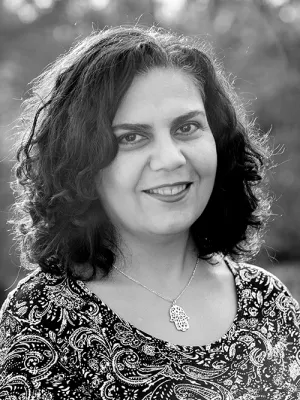
Dalia Abdelhady
Researcher

Perceptions of socioeconomic integration of middle eastern immigrants in Europe : comparing national discourses and subjective experiences
Editor
- Dalia Abdelhady
Summary, in English
This panel compares the subjective understanding of success and socioeconomic mobility of immigrants from the Middle East in Europe with national discourses of integration. Despite the abundance of research on Middle Eastern migrants in Europe, not much is known about their subjective understanding of their socioeconomic positions and experience with social mobility. Much of the research looks at objective measures such as educational attainment, occupational status, and reported discrimination. Little research has investigated the ways immigrants and their children on ‘define, experience, and perceive mobility and success’ (Zhou et al. 2008, p. 42). This panel investigates the different narratives of incorporation as presented by official media outlets on the one hand, and the immigrant populations on the other. Looking at key factors of incorporation and social mobility including education attainment and school experiences, and occupational status and labour market experiences the papers in this panel highlight the contradictory narratives of othering and the desire to belong, failure and success, and fear and aspirations. The papers focus on case studies from Germany, France, Sweden and Denmark to provide analyses from traditional European destinations to ones that have only recently dealt with new populations among their midst. Despite their disadvantaged position, the papers show that the majority of immigrants and their children perceive of their experiences both in school and labour market as considerable success. At the same time, national discourses of incorporation and integration stress narratives of fear of Islamization and violence as grounds for exclusion and marginalization. Taken together, the papers allow us to conclude the importance of subjective experiences in understanding processes of integration and mobility among immigrants in various societies in Europe. Such subjective experiences challenge official discourses and shed light on host societies’ willingness to accept new generations of immigrants.
Department/s
- Centre for Advanced Middle Eastern Studies (CMES)
- MECW: The Middle East in the Contemporary World
Publishing year
2014
Language
English
Full text
- Available as PDF - 32 kB
- Download statistics
Document type
Conference publication
Publisher
[Publisher information missing]
Topic
- Sociology
Keywords
- Migration
- Middle East
- Europe
- Integration
Status
Published

